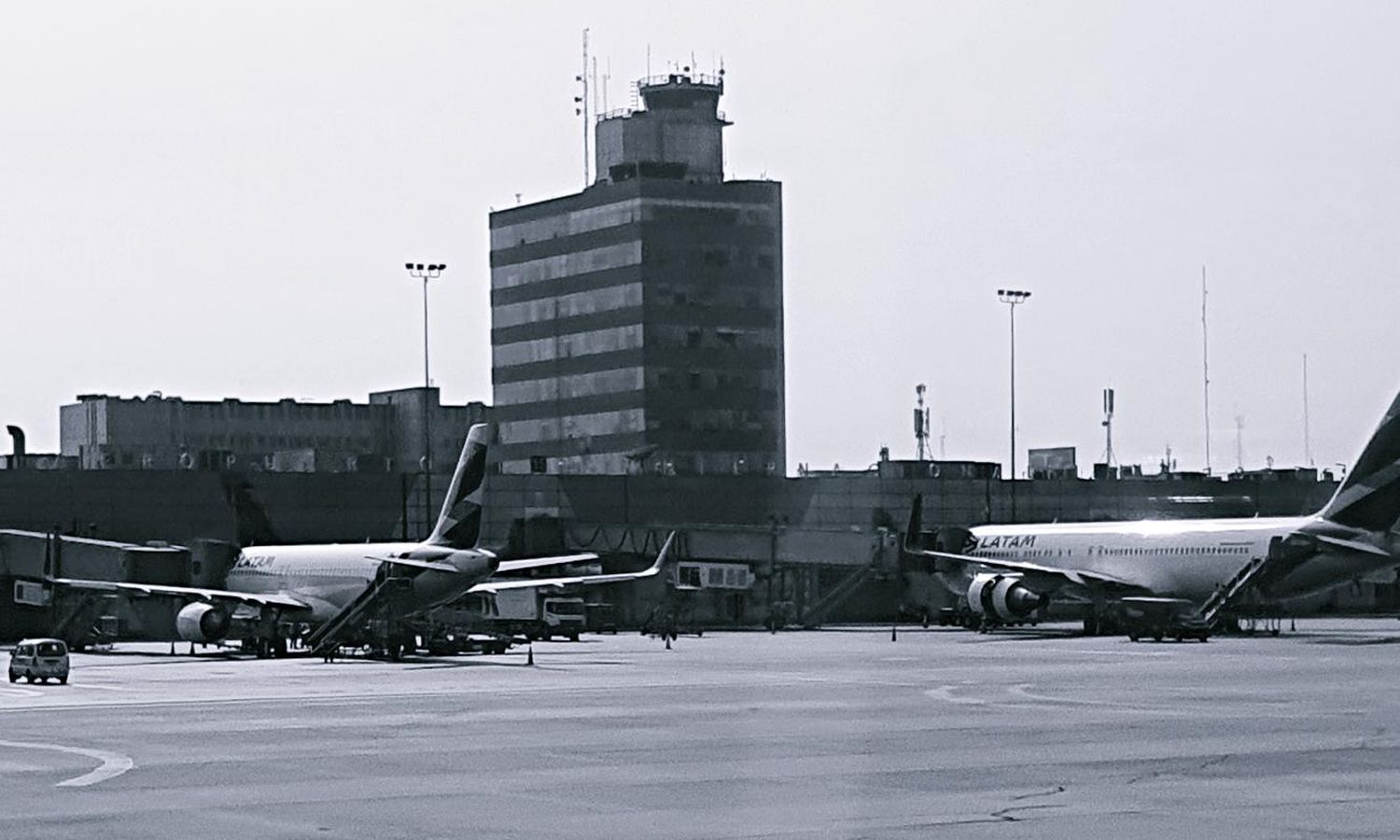Peru’s «Anti Low-Cost» Bill Draws Criticism from Airlines: Here’s Why
The Peruvian Congress is moving forward with a bill that would involve state interference in the pricing policy of national and international airlines operating in the country, setting off alarm bells in the airline industry.
This is Bill 2956/2022-CR, which was approved by the Transport Commission of the Congress of the Republic at the end of February and which, if passed, will prohibit airlines from charging for the choice of seats and the transport of luggage in the cabin, a practice established by low-cost airlines that has been extended to all airlines as a method of generating additional revenue and lowering the cost of the basic fare (this revenue, which also includes items such as checked baggage, on-board catering or printing the boarding card, among others, can represent up to 50% of an airline’s total).
The airlines, grouped in IATA, APEA (Peruvian Association of Airline Companies), AETAI (Association of International Air Transport Companies in Peru) and ALTA, together with organisations linked to the tourism sector, expressed their opposition to the bill, stating that «it directly attacks the freedom of choice that people currently have to buy an air ticket paying only for what they want or need» and that «if it goes ahead, it will affect about 70% of passengers who today decide to travel with the cheapest fare, without adding any additional service».
«For years, the global airline industry has adopted a model of flexibility and customisation of fares, offering passengers increasingly affordable ticket alternatives, including basic services and the possibility of adding additional services if required,» the airlines said.
«This has allowed greater access to this essential means of transport, adding more passengers, more competitors and benefiting tourism, trade and the entire value chain associated with the sector,» they added, noting that in Peru air fares were reduced by 40% between 2011 and 2019, allowing the number of passengers carried per year to increase from 18 to 40 million.
The companies indicate that no market failure has been identified or any economic analysis done on the bill without even discussing it technically with the industry or specialists, which will however cause cheaper fares to become more expensive by forcibly including seat choice and cabin baggage of up to 10 kilograms, products that currently a large part of passengers prefer not to purchase to save on the total value of the ticket.
Peru’s competition and consumer protection authority, Indecopi itself spoke out against the proposal last year.
«We urge congressmen and their benches and the authorities of the executive branch to review this decision and to study this bill to verify its legitimacy and the real implications it may have, since, instead of seeking the greatest benefit for the population, it will have a serious impact on travellers, connectivity, tourism, trade and the socio-economic development of the country, making it difficult for millions of people to access the service,» the airlines concluded.


Comentarios
Para comentar, debés estar registrado
Por favor, iniciá sesión